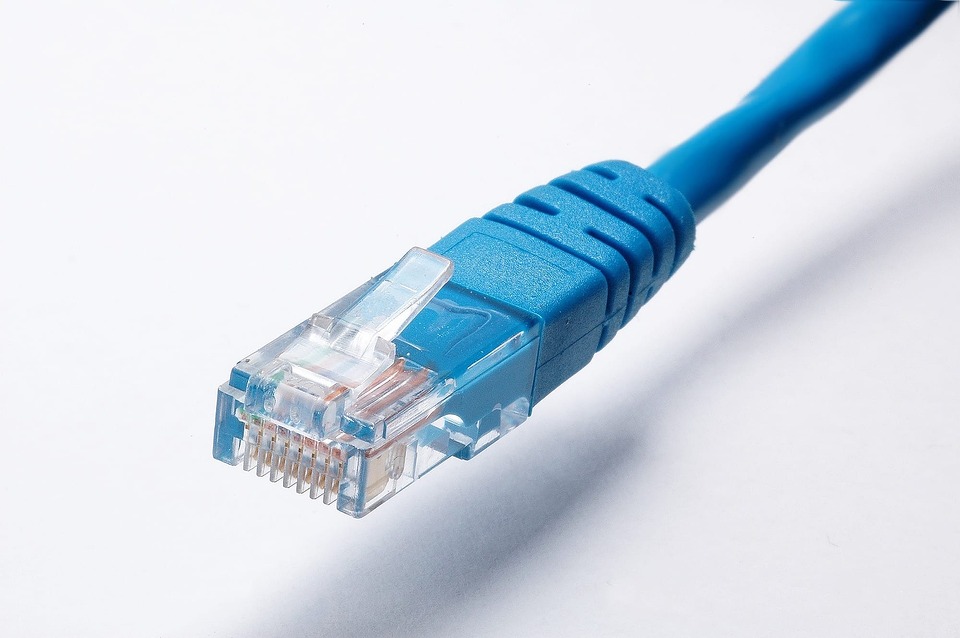Security leadership is an important part of any organization’s security strategy. Security managers are responsible for ensuring that the organization’s security policies and procedures are followed and that the organization’s assets are protected. Security managers must be able to identify potential threats and develop strategies to mitigate them.
Security managers must be able to identify and assess risks, develop security policies and procedures, and ensure that they are implemented. They must also be able to monitor and evaluate the effectiveness of security measures. Security managers must be able to communicate security policies and procedures to all employees and ensure that they are followed.
Security managers must also be able to develop and maintain relationships with external security providers, such as law enforcement and security consultants. They must be able to coordinate with these providers to ensure that the organization’s security needs are met.
Security managers must also be able to develop and maintain relationships with internal stakeholders, such as IT staff, human resources, and other departments. They must be able to ensure that security policies and procedures are communicated to all employees and that they are followed.
Security managers must also be able to develop and maintain relationships with external stakeholders, such as vendors and customers. They must be able to ensure that the organization’s security needs are met and that the organization’s assets are protected.
Security managers must also be able to develop and maintain relationships with government agencies, such as the Department of Homeland Security and the FBI. They must be able to ensure that the organization’s security needs are met and that the organization’s assets are protected.
Security managers must also be able to develop and maintain relationships with the media. They must be able to ensure that the organization’s security needs are met and that the organization’s assets are protected.
Security managers must also be able to develop and maintain relationships with the public. They must be able to ensure that the organization’s security needs are met and that the organization’s assets are protected.
Security managers must also be able to develop and maintain relationships with other organizations. They must be able to ensure that the organization’s security needs are met and that the organization’s assets are protected.
Security managers must also be able to develop and maintain relationships with industry associations. They must be able to ensure that the organization’s security needs are met and that the organization’s assets are protected.
Security managers must also be able to develop and maintain relationships with law enforcement. They must be able to ensure that the organization’s security needs are met and that the organization’s assets are protected.
Security managers must also be able to develop and maintain relationships with other security professionals. They must be able to ensure that the organization’s security needs are met and that the organization’s assets are protected.
Security managers must also be able to develop and maintain relationships with the board of directors. They must be able to ensure that the organization’s security needs are met and that the organization’s assets are protected.
Security managers must also be able to develop and maintain relationships with shareholders. They must be able to ensure that the organization’s security needs are met and that the organization’s assets are protected.
Security managers must also be able to develop and maintain relationships with the community. They must be able to ensure that the organization’s security needs are met and that the organization’s assets are protected.
Security managers must also be able to develop and maintain relationships with other organizations in the industry. They must be able to ensure that the organization’s security needs are met and that the organization’s assets are protected.
Security managers must also be able to develop and maintain relationships with government agencies. They must be able to ensure that the organization’s security needs are met and that the organization’s assets are protected.
Security managers must also be able to develop and maintain relationships with the media. They must be able to ensure that the organization’s security needs are met and that the organization’s assets are protected.
Security managers must also be able to develop and maintain relationships with the public. They must be able to ensure that the organization’s security needs are met and that the organization’s assets are protected.
Security managers must also be able to develop and maintain relationships with other organizations. They must be able to ensure that the organization’s security needs are met and that the organization’s assets are protected.
Security managers must also be able to develop and maintain relationships with industry associations. They must be able to ensure that the organization’s security needs are met and that the organization’s assets are protected.
Security managers must also be able to develop and maintain relationships with law enforcement. They must be able to ensure that the organization’s security needs are met and that the organization’s assets are protected.
Security managers must also be able to develop and maintain relationships with other security professionals. They must be able to ensure that the organization’s security needs are met and that the organization’s assets are protected.
Security managers must also be able to develop and maintain relationships with the board of directors. They must be able to ensure that the organization’s security needs are met and that the organization’s assets are protected.
Security managers must also be able to develop and maintain relationships with shareholders. They must be able to ensure that the organization’s security needs are met and that the organization’s assets are protected.
Security managers must also be able to develop and maintain relationships with the community. They must be able to ensure that the organization’s security needs are met and that the organization’s assets are protected.
Security managers must also be able to develop and maintain relationships with other organizations in the industry. They must be able to ensure that the organization’s security needs are met and that the organization’s assets are protected.
Security managers must also be able to develop and maintain relationships with government agencies. They must be able to ensure that the organization’s security needs are met and that the organization’s assets are protected.
Security managers must also be able to develop and maintain relationships with the media. They must be able to ensure that the organization’s security needs are met and that the organization’s assets are protected.
Security managers must also be able to develop and maintain relationships with the public. They must be able to ensure that the organization’s security needs are met and that the organization’s assets are protected.
Security managers must also be able to develop and maintain relationships with other organizations. They must be able to ensure that the organization’s security needs are met and that the organization’s assets are protected.
In conclusion, security managers play a critical role in ensuring the security of an organization. They must be able to identify and assess risks, develop security policies and procedures, and ensure that they are implemented. They must also be able to develop and maintain relationships with external and internal stakeholders, government agencies, industry associations, law enforcement, other security professionals, the board of directors, shareholders, and the community. Security managers must be able to ensure that the organization’s security needs are met and that the organization’s assets are protected.





















